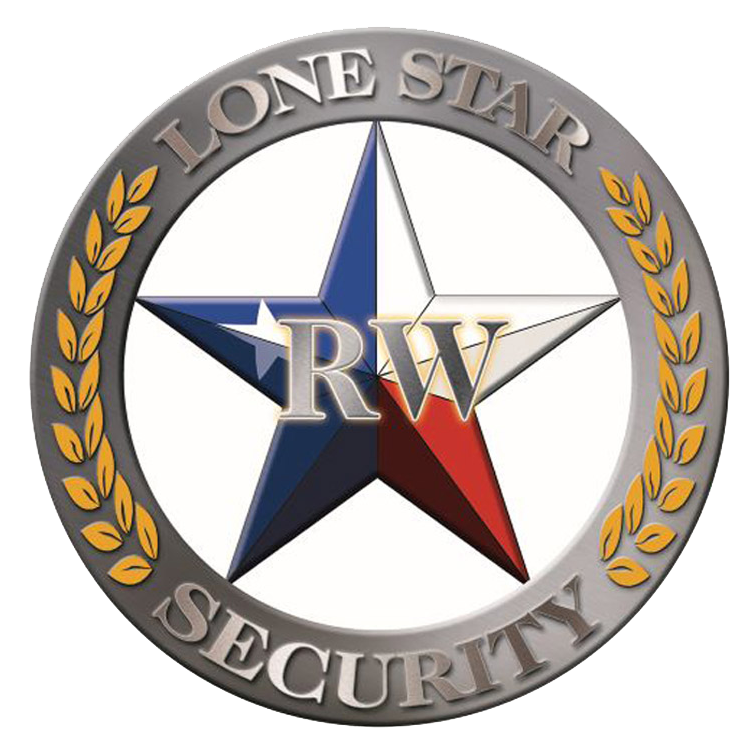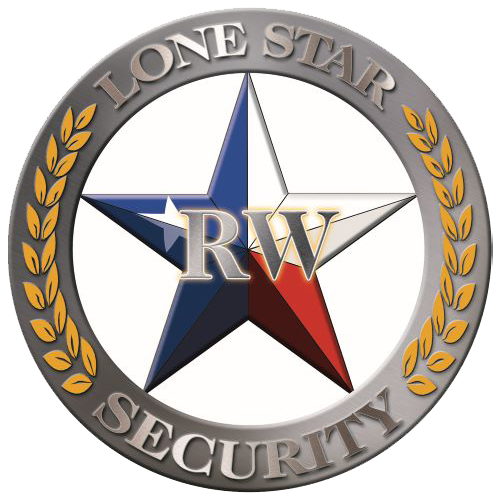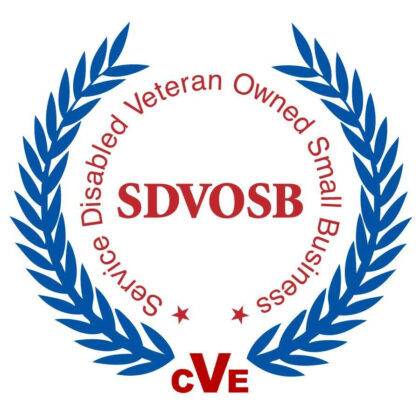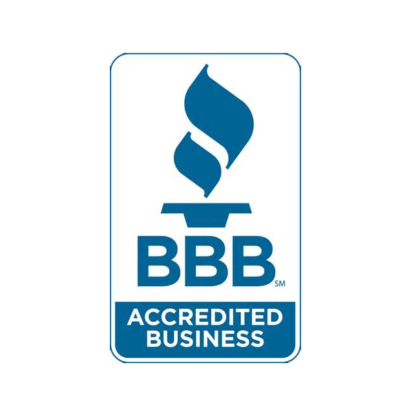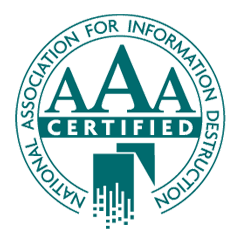Fraudulent activities can have devastating consequences for businesses, ranging from financial losses to reputational damage. Implementing effective strategies for fraud protection is crucial for safeguarding your organization’s assets and maintaining trust among stakeholders. At RW Lone Star Security, we understand the importance of proactive measures to mitigate the risk of fraud in the workplace. In this article, we’ll explore key strategies that businesses can implement to enhance fraud protection.
Conduct Regular Employee Training
One of the most effective ways to prevent fraud is by ensuring that employees are well-informed about company policies, procedures, and ethical standards. Conduct regular training sessions to educate employees about the importance of integrity, honesty, and compliance with regulations. Emphasize the consequences of fraudulent behavior and encourage employees to report any suspicious activities promptly.
Implement Internal Controls
Establishing robust internal controls is essential for detecting and preventing fraud within the organization. Implement segregation of duties to ensure that no single individual has control over all aspects of a transaction. Regularly review and reconcile financial records to identify any discrepancies or irregularities. Limit access to sensitive information and resources only to authorized personnel.


Foster a Culture of Transparency
Promote a culture of transparency and accountability within the workplace. Encourage open communication channels where employees feel comfortable raising concerns or reporting potential fraud. Lead by example by demonstrating ethical behavior and integrity in all business dealings. Recognize and reward employees who uphold ethical standards and contribute to maintaining a fraud-free environment.
Conduct Regular Audits and Risk Assessments
Regular audits and risk assessments are essential for identifying vulnerabilities and areas of potential fraud within the organization. Conduct comprehensive audits of financial statements, internal controls, and operational processes to ensure compliance with policies and regulations. Assess the likelihood and impact of various fraud risks and develop mitigation strategies accordingly.
Secure Data and Information
Protecting sensitive data and information is crucial for preventing fraud and safeguarding confidential business assets. Implement secure document management practices, including paper shredding and document destruction, to ensure that sensitive information is properly disposed of and cannot be accessed by unauthorized individuals. Consider hard drive shredding for securely destroying digital data stored on obsolete or decommissioned devices.
In addition to implementing secure document management practices, organizations should also prioritize employee education on data security best practices. Training employees on the importance of data protection, proper handling of sensitive information, and recognizing potential security threats can significantly enhance the overall security posture of the organization. By fostering a culture of data security awareness among employees, organizations can further strengthen their defenses against fraud and unauthorized access to confidential business assets. Regular training sessions, supplemented by ongoing communication and reinforcement of security policies, can empower employees to be proactive in protecting sensitive data and mitigating potential risks.
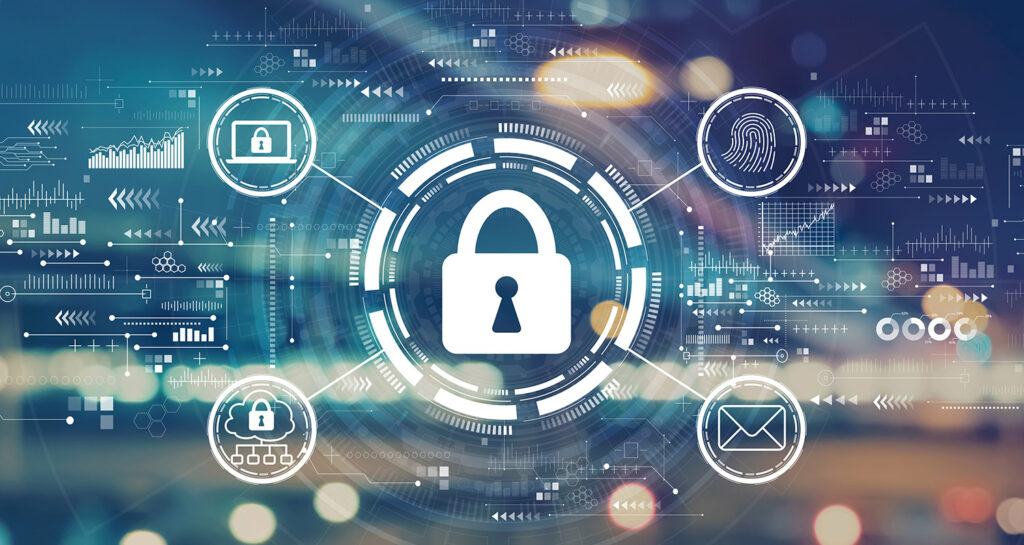

Collaborate with External Partners
Collaborate with external partners, such as law enforcement agencies, regulatory bodies, and industry associations, to stay informed about emerging fraud trends and best practices in fraud prevention. Establish partnerships with reputable vendors and service providers, such as RW Lone Star Security, to ensure secure handling and disposal of sensitive information and assets.
Effective fraud protection requires a proactive approach that encompasses employee training, internal controls, a culture of transparency, regular audits, data security measures, and collaboration with external partners. By implementing these strategies, businesses can reduce the risk of fraud and protect their assets, reputation, and stakeholders’ trust.
Choose RW Lone Star Security
At RW Lone Star Security, we understand the paramount importance of implementing robust strategies for fraud protection in the workplace. One essential aspect of such measures involves secure paper shredding. By utilizing our state-of-the-art secure paper shredding services, companies can ensure that sensitive documents containing valuable information are irreversibly destroyed, thus mitigating the risk of unauthorized access or misuse. Additionally, our hard drive shredding solutions offer a comprehensive approach to data security by rendering digital information stored on obsolete or decommissioned hardware completely inaccessible, safeguarding against potential breaches or data theft.
In today’s increasingly interconnected world, the threat of fraud looms large, making it imperative for organizations to adopt proactive measures to safeguard their assets and reputation. At RW Lone Star Security, we recognize the multifaceted nature of fraud and offer tailored solutions to address specific vulnerabilities within the workplace environment. Through a combination of secure paper shredding and hard drive shredding services, we empower businesses to fortify their defenses against fraudulent activities, thereby fostering a culture of trust and integrity within their operations. By partnering with us, companies can rest assured that their confidential information remains protected from exploitation or compromise, enabling them to focus on their core objectives with confidence and peace of mind.
FAQ
If you suspect fraudulent activity, report it to your supervisor or the appropriate authority within your organization immediately.
Employee training on fraud prevention should be conducted regularly, ideally at least once a year, and whenever there are significant changes in policies or regulations.
Yes, document destruction is essential for preventing unauthorized access to sensitive information and mitigating the risk of fraud.
